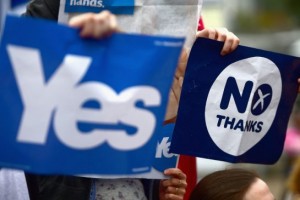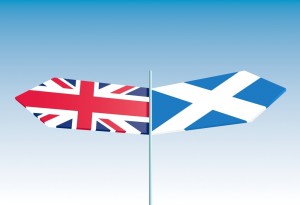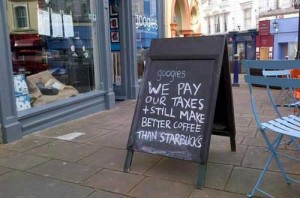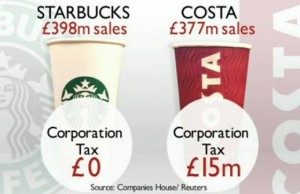The “No” campaign for the Scottish Referendum came out on top with a 55.3% of the total votes (Taub. “Scotland votes “no on independence will remain in the UK). Even though the idea of Scotland becoming its own country is a wonderful idea, in reality it would have spelled disaster. If Scotland were to ever separate it would put a lot of strain on Scotland’s economy because of their limited flexibility on their dependence on oil and the currency union crisis.
Since Scotland depends a lot on the oil industry through drilling in the North Sea its economy will depend greatly on the ever-changing price of oil. This variable pricing would cause a lot of uncertainty in Scotland’s economy. In turn, this would scare off investors and business due to the uncertainty in the economy.
Scotland would also have a crisis over what currency to use. If Scotland chose to stay with the pound it would have no control over that currency. This would lead to a lot of uncertainty for investors looking to buy Scottish bonds. Adopting the Euro would not be good either because over the past couple of years many countries in the Euro zone have fallen on hard times or the countries that are struggling could drag down Scotland.
Although Scotland being an independent country sounds nice in theory, but when you look at in reality it is not practical as of right now due to there dependency on oil and not having their own currency.
Taub, Amanda. “Scotland votes “no” on independence, will remain in the UK.” Vox. N.p., 19
Sept. 2014. Web. 24 Sept. 2014. <http://www.vox.com/2014/9/19/6425379/
scotland-scottish-independence-vote-referendum-result-no>.

Buttonwood. “48 Hours.” The Economis., 16 Sept. 2014. Web. 24 Sept. 2014. <http://www.economist.com/blogs/buttonwood/2014/09/scottish-referendum>.

